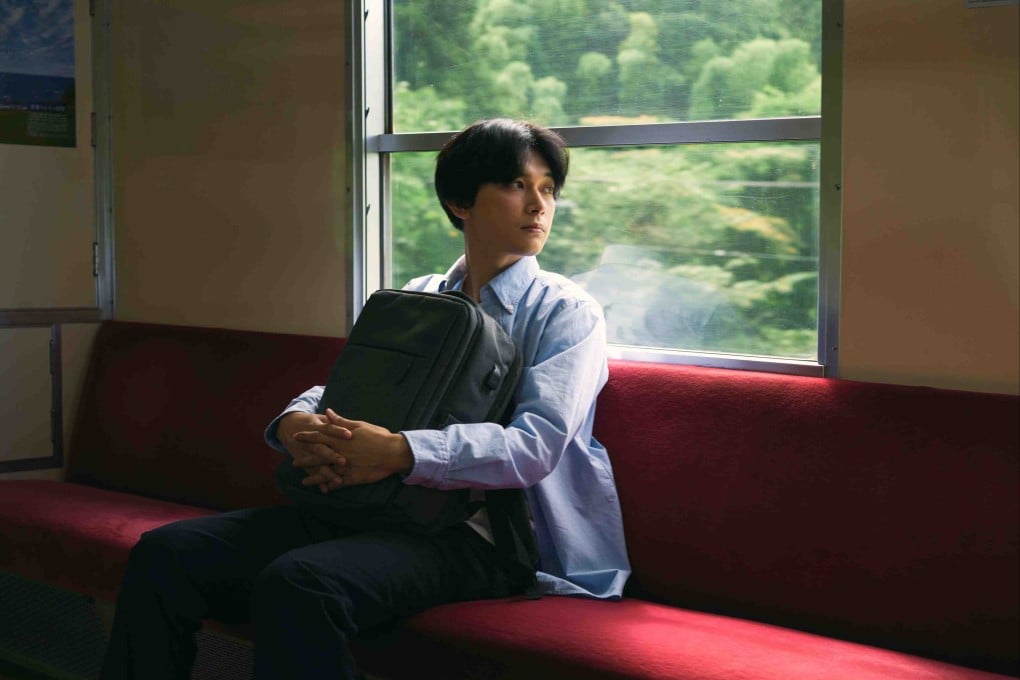Review | Living in Two Worlds movie review: Japanese CODA counterpart suffers from unlikeable lead
Where Oscar winner CODA was warm-hearted, Mipo O’s film makes its child of deaf parents in Japan so unsympathetic he is hard to root for

3/5 stars
The acronym CODA (Child Of Deaf Adults) should be familiar to many film-goers, thanks to the Academy Award-winning 2021 film of the same name.
While Mipo O’s Living in Two Worlds is not a direct remake, this Japanese drama owes a huge debt to Sian Heder’s lauded predecessor, as it charts the strained relationship between a young male CODA and his hearing-impaired parents.
Both films are set in remote fishing communities, where a deaf couple become increasingly reliant upon their able-bodied offspring to help them navigate daily life.
While the protagonist in CODA reaches an emotional crossroads when these obligations hinder her dreams of becoming a singer, her Japanese counterpart Dai (Ryo Yoshizawa) openly resents his family and stubbornly abandons them to pursue his dreams in the big city.